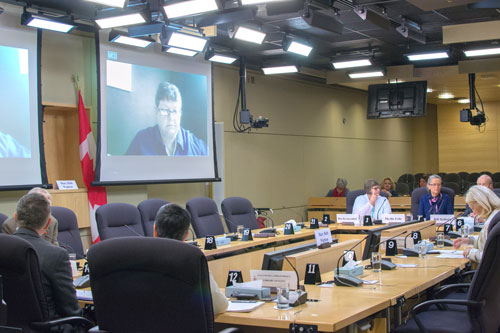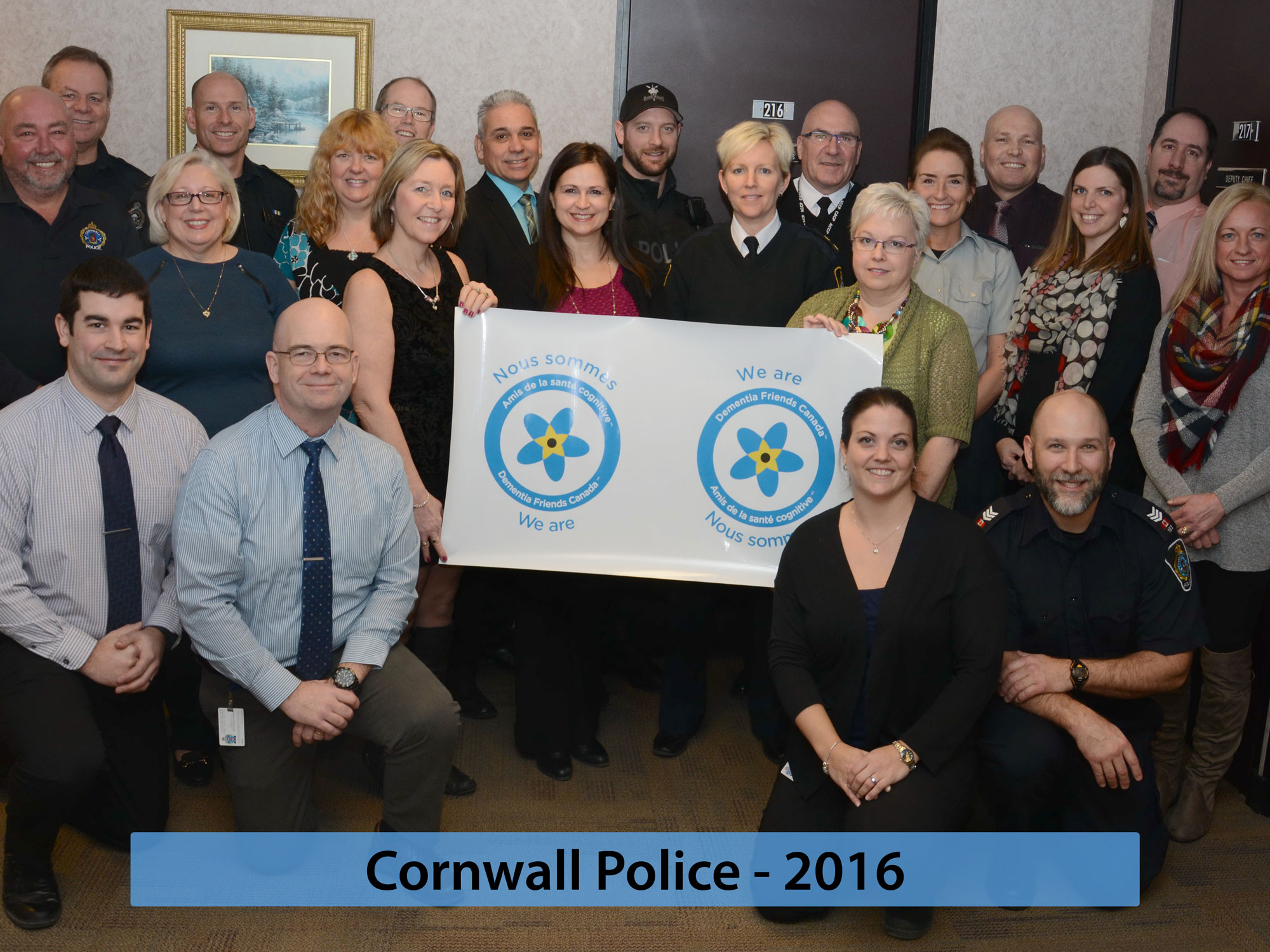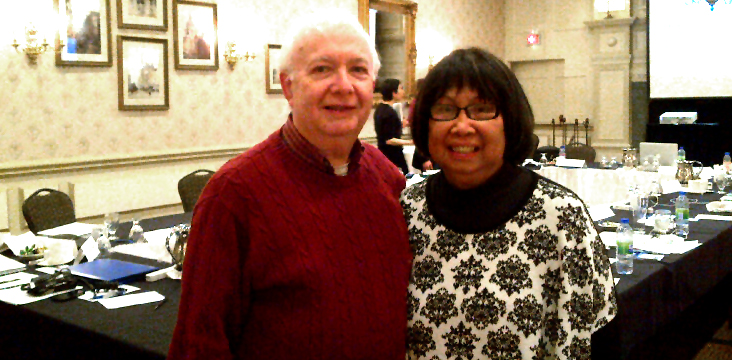DementiaHack 2017: Making a difference with technology
On March 4th, the doors opened bright and early at MaRs Discovery District for DementiaHack 2017. Throughout the morning, registrants trickled in, setting up their computers and discussing their plans for the upcoming 36 hour-long event. An annual event hosted by Hackernest, Dementia Hack is a competition to create innovative technology to help people with dementia, Alzheimer’s disease and other neuro-degenerative diseases. With over 300 developers gathered together to compete, the room was buzzing with eager participants, discussing and preparing…







